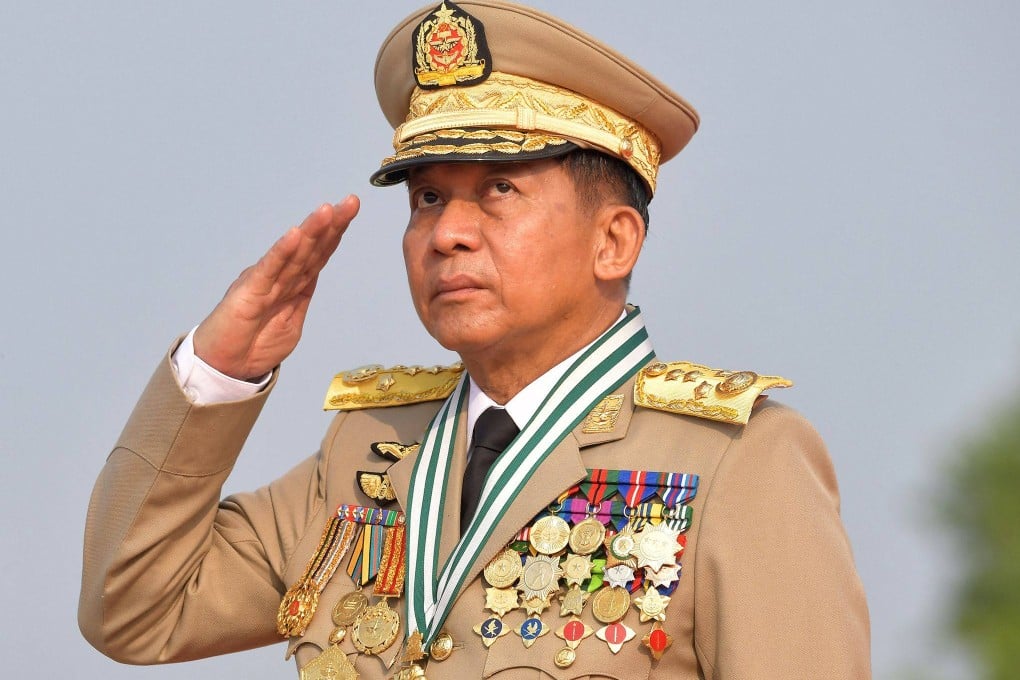Myanmar junta ‘losing control’ as armed resistance digs in, rights experts say
- A briefing, released by the Special Advisory Council for Myanmar (SAC-M), said the junta’s legitimacy has been shredded since its February 2021 coup
- Mushrooming armed resistance to the coup means the junta now has ‘stable’ control of just 72 of the country’s 330 townships

Myanmar’s junta has lost its grip over most of the country as the pro-democracy resistance drags the army into territory-wide whack-a-mole operations, draining its resources, manpower and morale, a report by human rights experts said on Monday.
The briefing, released by the Special Advisory Council for Myanmar (SAC-M), said the junta’s legitimacy has been shredded since its February 2021 coup with widespread violence against its own citizens compounded by an inability to control security, provide basic services or collect taxes.
Mushrooming armed resistance to the coup means the junta now has “stable” control of just 72 of the country’s 330 townships, the SAC-M note said, with the rest under frequent attack, controlled by proxy ethnic militias or fully marshalled by anti-army volunteers.
The Tatmadaw – as Myanmar’s brutal army is known – has been pulled into fighting multiple fronts, reliant on pounding resistance areas with air strikes, artillery and moving forces from one flashpoint to another across hard terrain and long distances.